Agenda
24 November 2021
Sustainable Innovation – Global Impact: Building the Future in Space
Boosting commercialization for a dynamic space economy in Europe : The ESA standpoint.
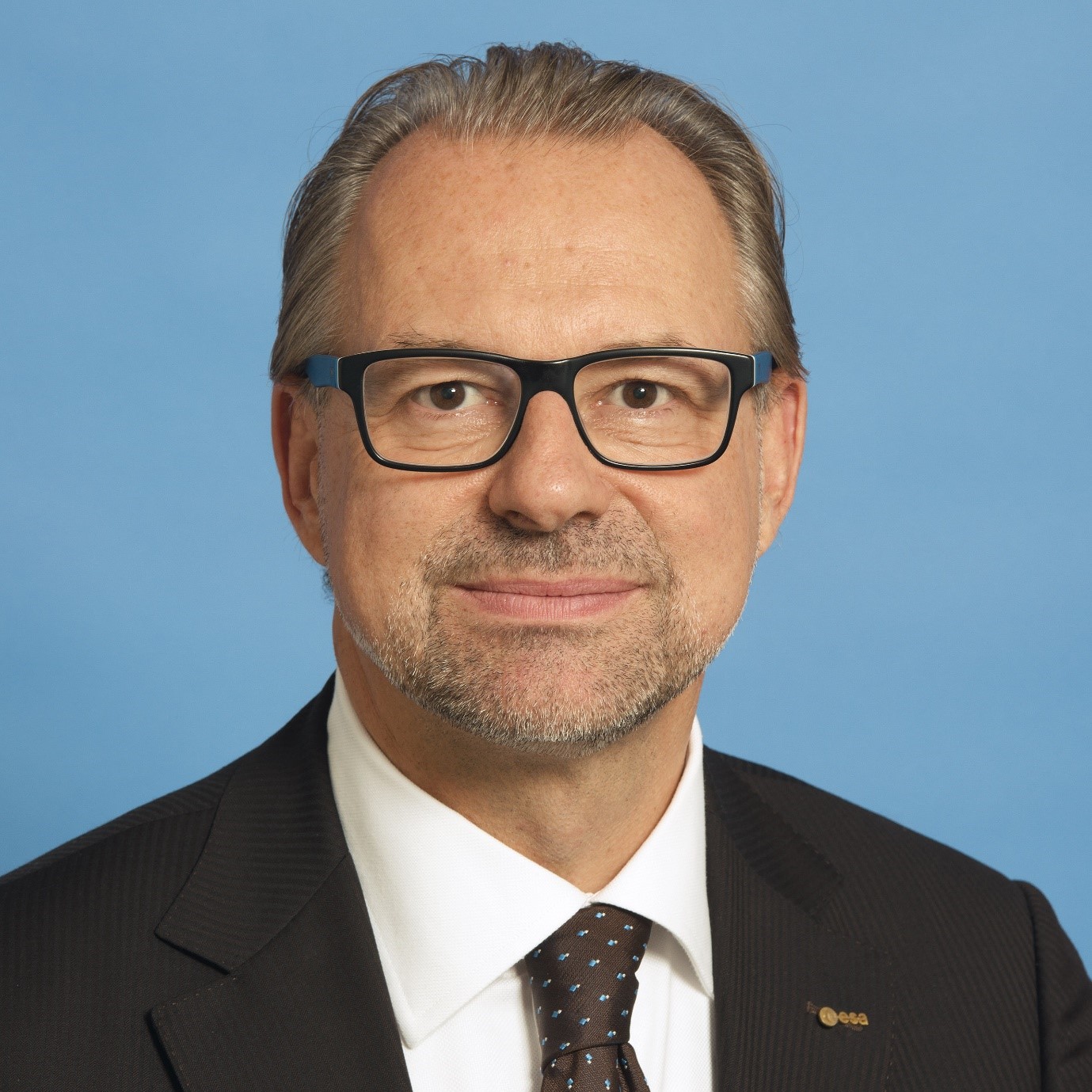)
Economics of LEO (mega) constellations for the Telecom, Earth Observation and other applications: describing the potential of Space for Earth
Panel moderated by Candace Johnson
The European Space Resources Innovation Centre (ESRIC) launches the first incubation programme worldwide entirely dedicated to space resources utilisation. The so-called Start-up Support Programme (SSP) aims at supporting European early-stage ventures and start-ups designing novel technologies for space resources applications in refining their business plan, attracting customers and securing their first investments. Join to know more !
)
)
FT Chair’s Opening Remarks: Peggy Hollinger, International Business Editor, Financial Times
Will Whitehorn, President of UKspace, will be interviewed by Peggy Hollinger.
Reusable rockets and a sharp reduction in launch costs have made it easier and cheaper to deploy assets into orbit, and activity is building as more entrepreneurs and innovators enter the commercial space race. Global demand for connectivity and data has helped to fuel the space economy and drive private investment to new heights. But how sustainable is the current boom and what are the expectations for future growth? How are the trends evolving and shaping the market? In a sector dominated by the US, what are Europe’s strengths and where are we likely to see the most progress from entrepreneur-led businesses? What policies and models are needed to boost Europe’s role in the global industry? In what ways are attitudes to space tech investment changing and which areas are set to attract the next wave of capital?
)
Lured by the promise of a trillion dollar industry, a rising number of investors are taking a bullish approach to a range of space technologies. However, with high rates of failure and few companies attracting revenues let alone making profits, space is still viewed by many as a risky business. In this session we will hear from leading investors and learn about the challenges they face, their attitudes to risk and the opportunities that are exciting them most in Europe’s new space age. As the appetite for space grows, what are investors looking for in start-up ventures and how do they assess the potential and value proposition of entrepreneur-led businesses? How are existing angel, venture and equity investments maturing, and what have been the most significant exits? Can we expect more companies to go public? What is the outlook for space tech funds? With the move to responsible investing, how does space fit into portfolios and align with ESG strategies?
Growing competition is challenging the ability of space start-ups and innovators to scale up and access markets, especially given the uncertainties and capital intensity of development. Here the spotlight will be on the next generation of space tech leaders as they discuss funding and their experiences in finding a route to commercial viability. What success have European start-ups and entrepreneurs had in attracting private equity and venture capital? How can innovators demonstrate what their technologies and businesses offer in terms of impact, scalability and potential returns?
)
Moderator - Dan Isaac Rivera, Business Development Executive, Spire; Stephen Eisele, VP Business Development, Virgin Orbit; Thomas Grübler, CEO & Co-founder Ororatech; Guido Baraglia, Principal BD Manager EMEA, AWS Aerospace & Satellite Solutions
New space activities and advances in technology are giving rise to increasingly complex and wide-ranging risk management and insurance requirements. What steps have been taken to improve the understanding of the intricacies of space risk and how can insurance help drive innovation and support investment and growth? What frameworks, coverage and models are needed in this rapidly changing and unpredictable sector?
)
Meet our finalists: 1. Thomas Yen, Tensor Tech 2. Jan Van Baelen, Lunar Grid 3. Johannes Schumacher, Celestial Space technologies 4. Markus Geiss, DcubeD 5. Smit Patel, Moonport 6. Filippo Oggionni, Revolv
Warning: Invalid argument supplied for foreach() in /var/www/vhosts/c101/2021.newspace-europe.lu/web/wp-content/themes/newspaceeurope/template-agenda.php on line 208


)
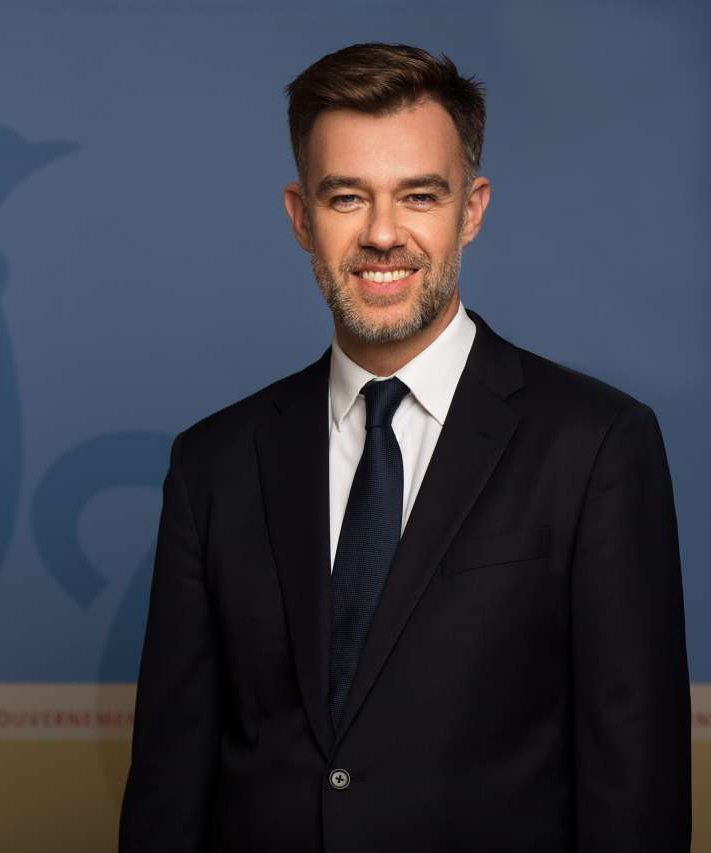)
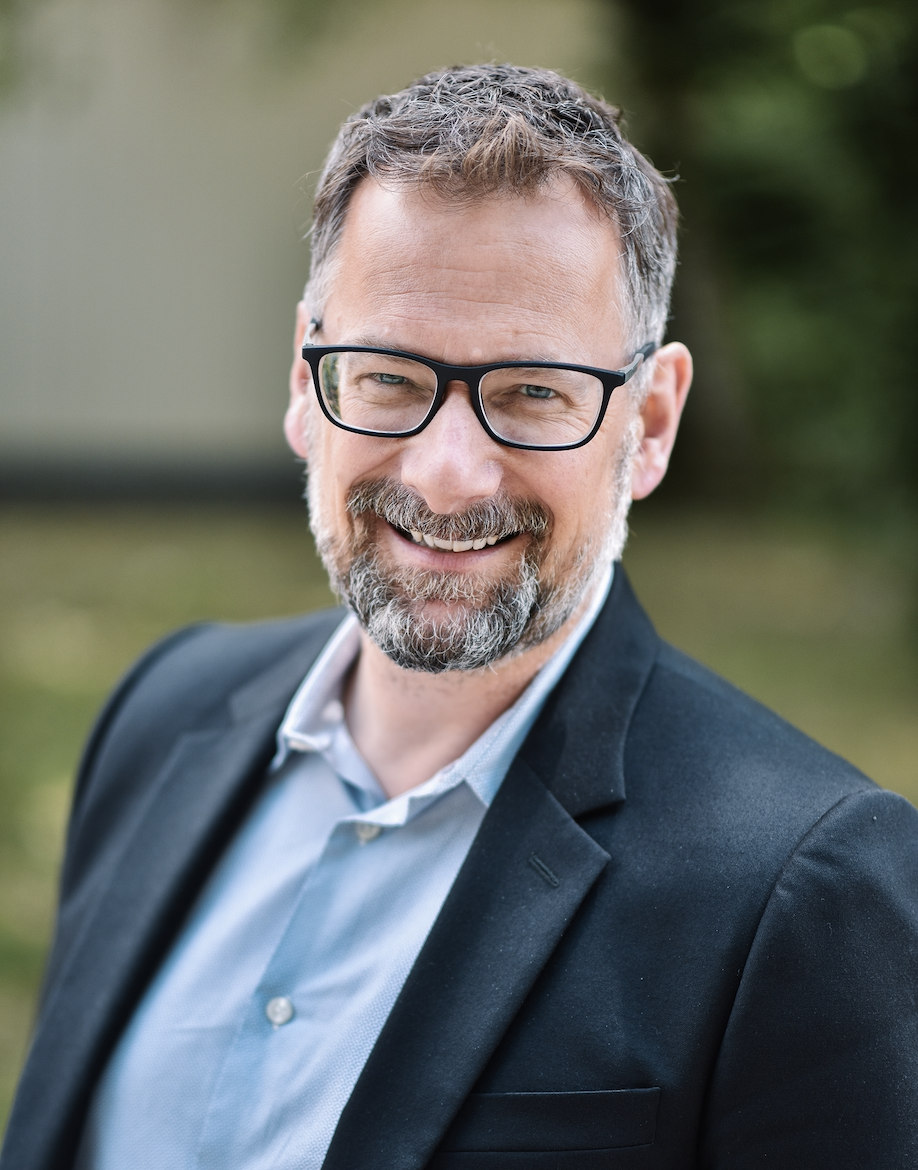)
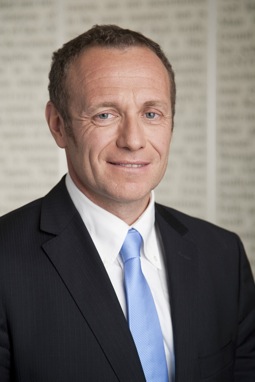)
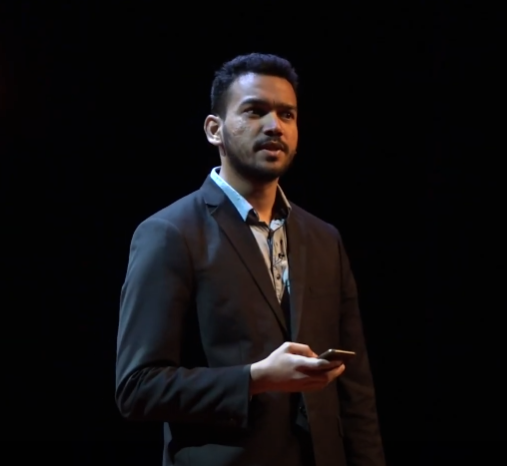)
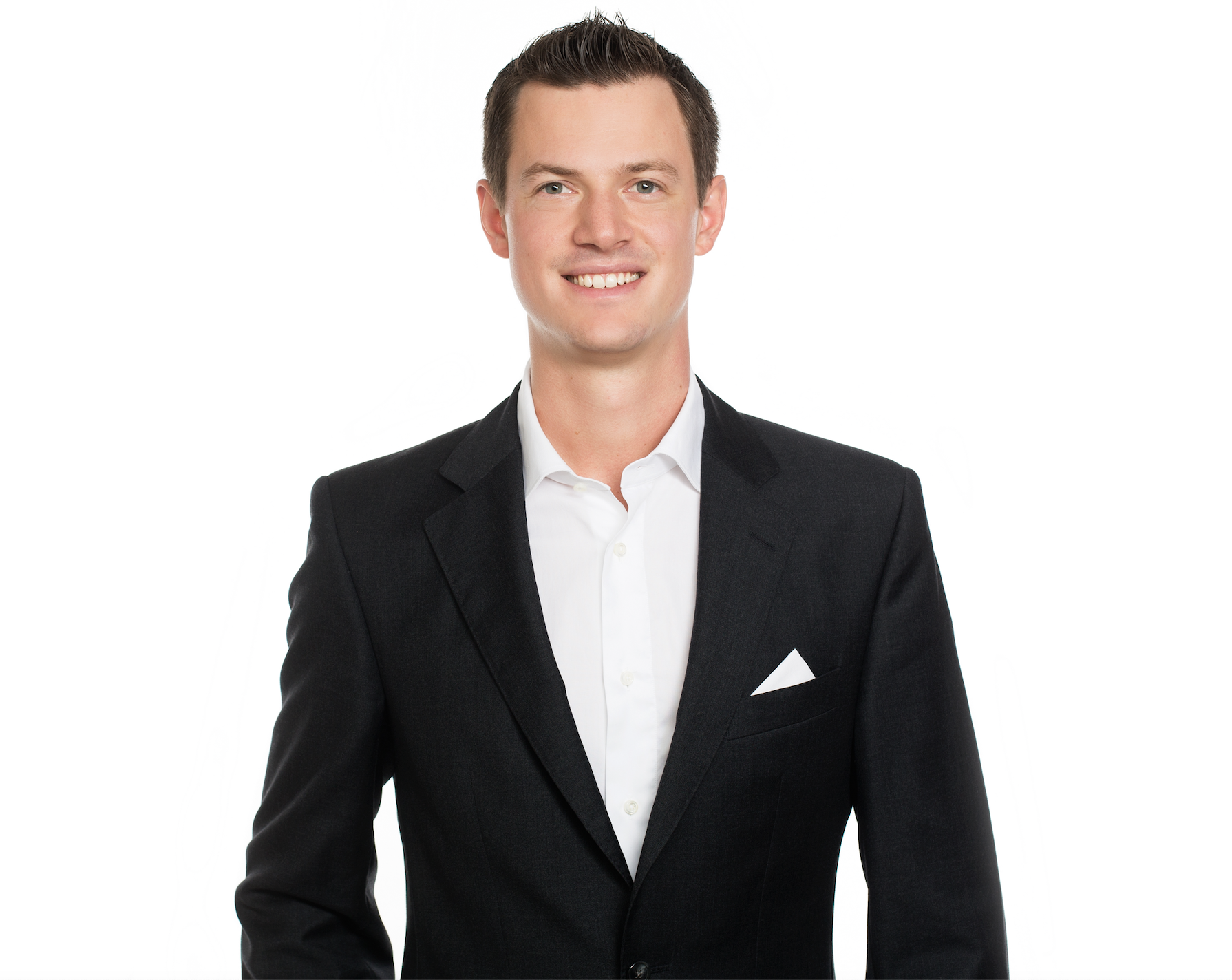)
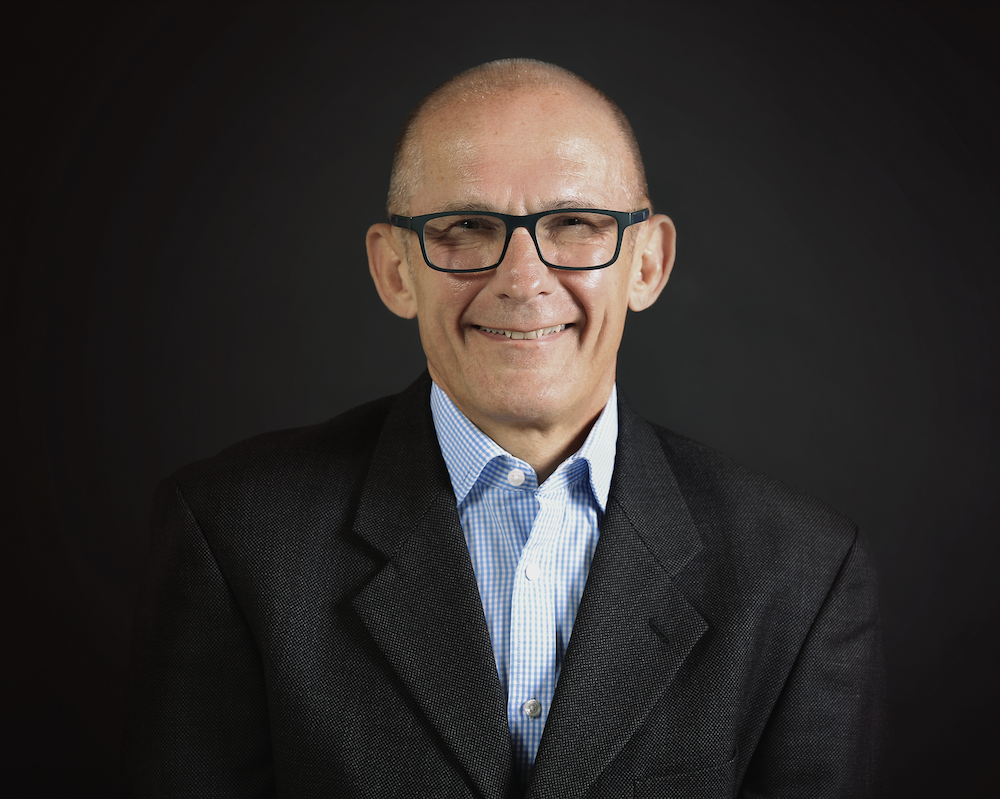)
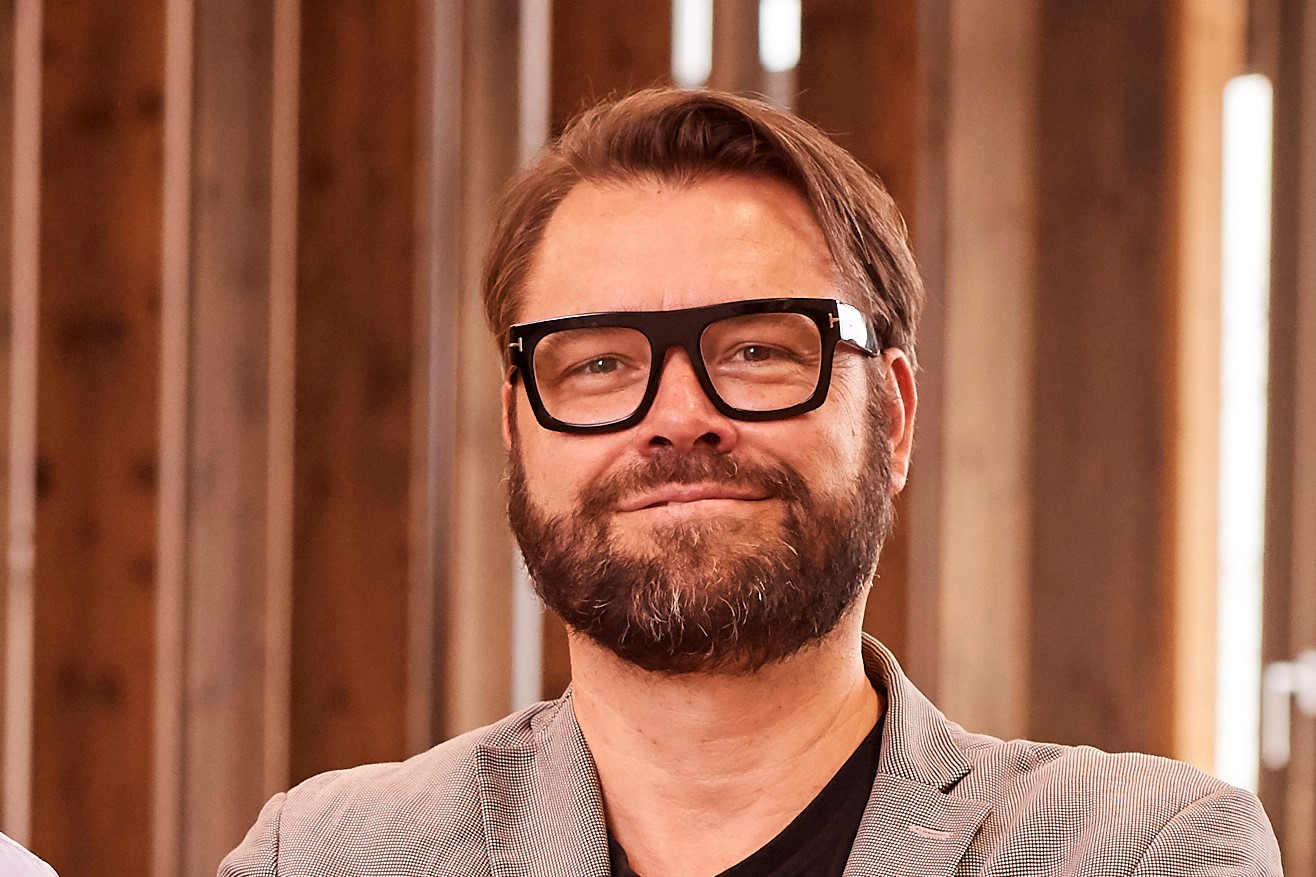)
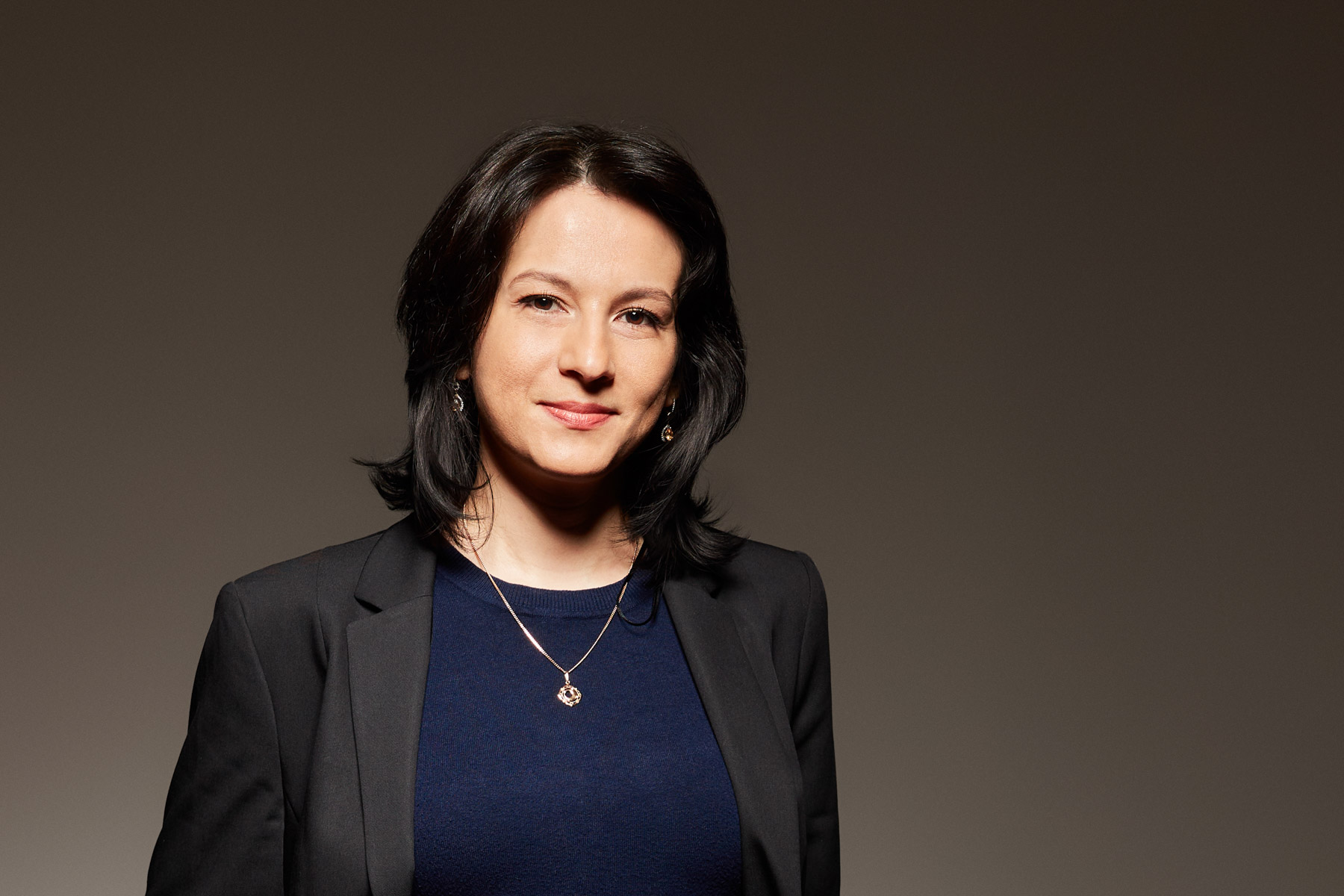)
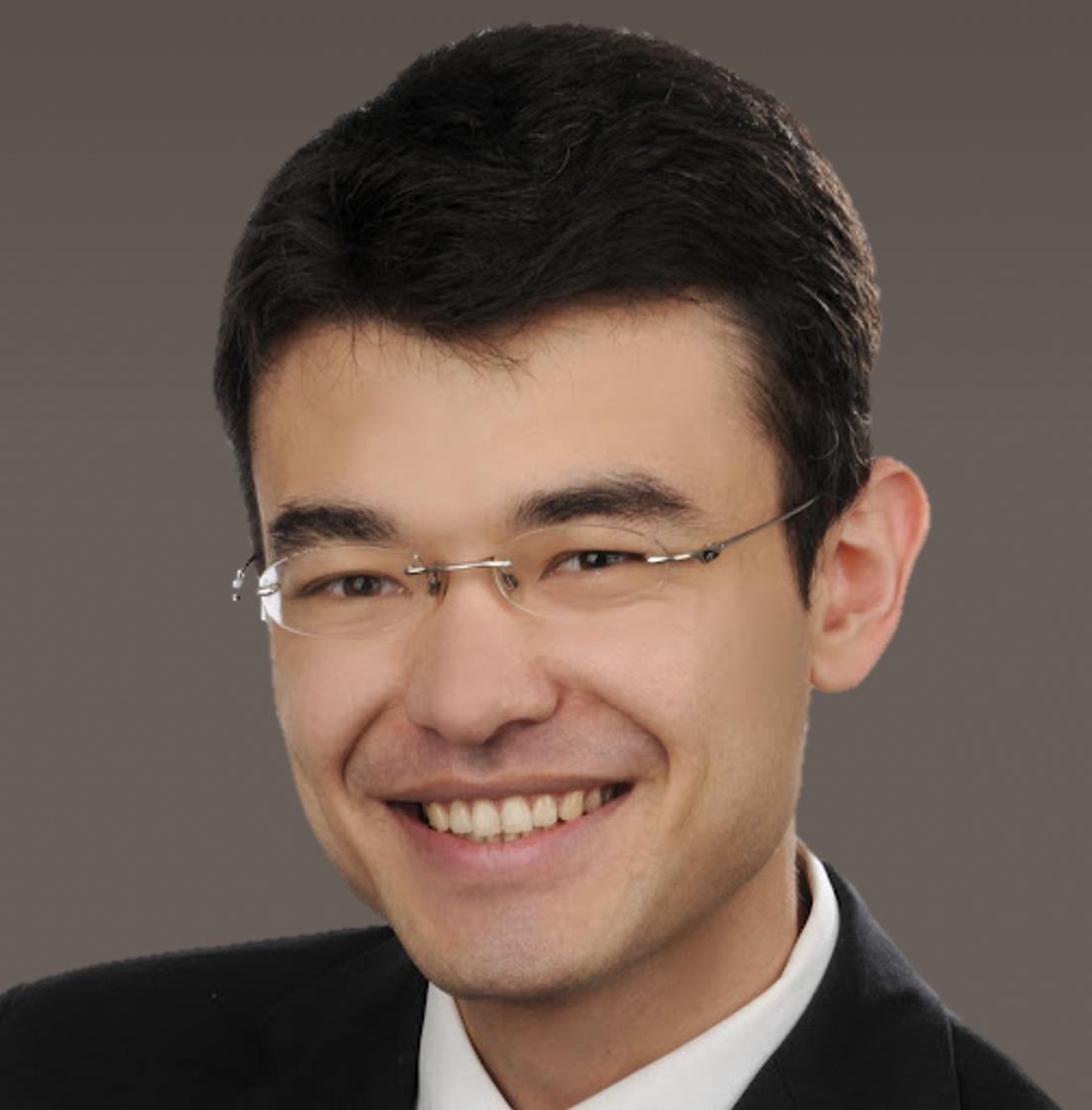)
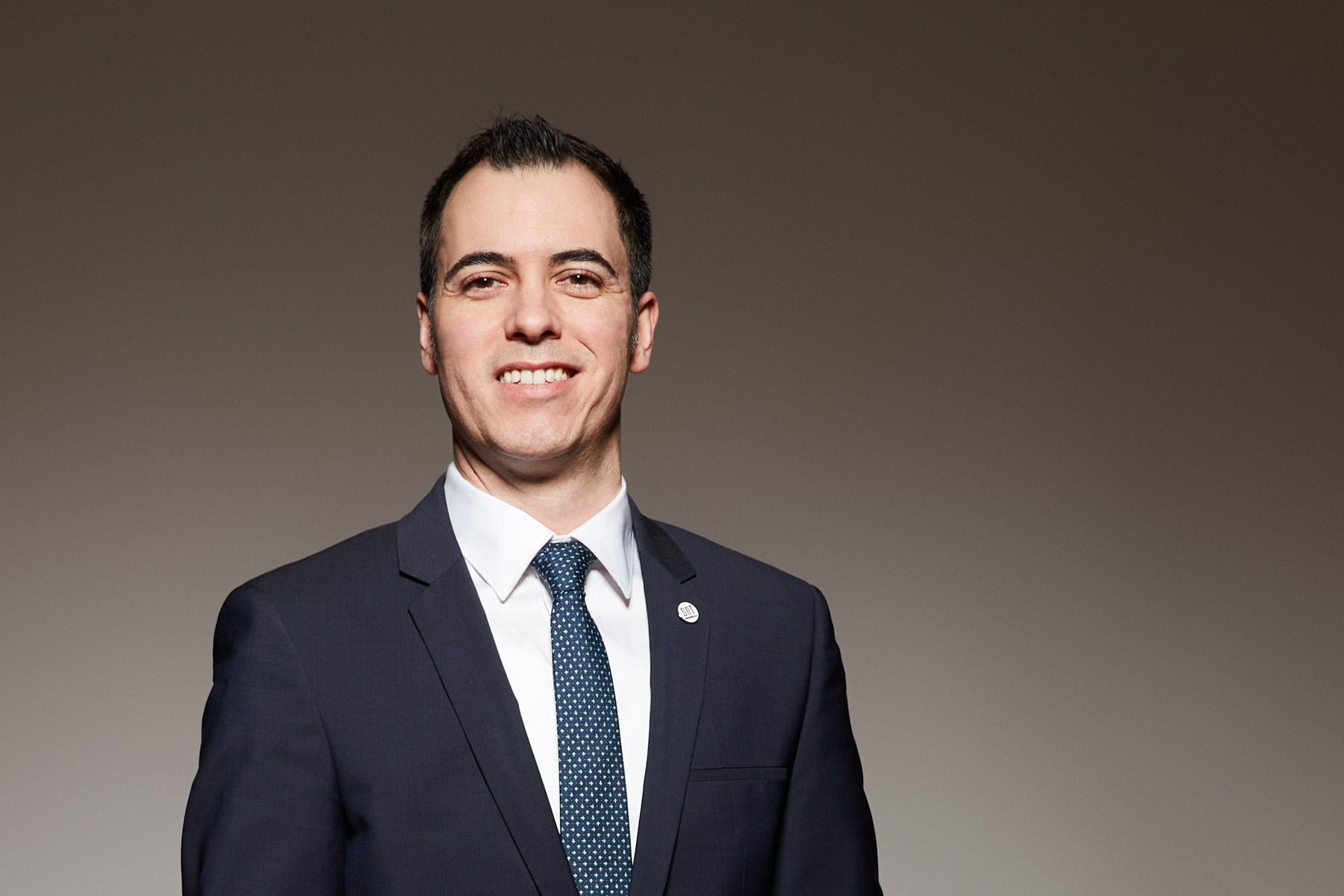)
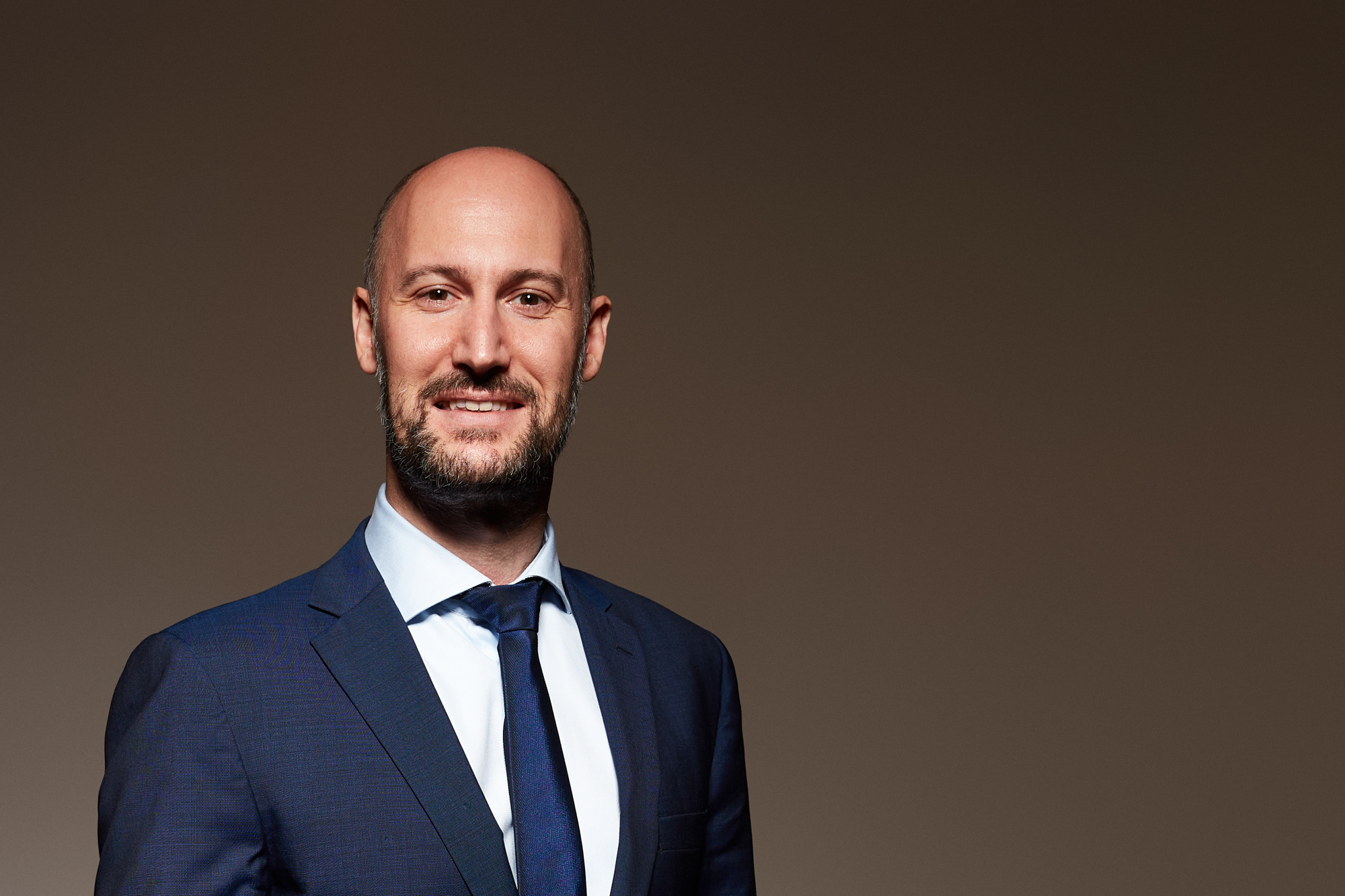)
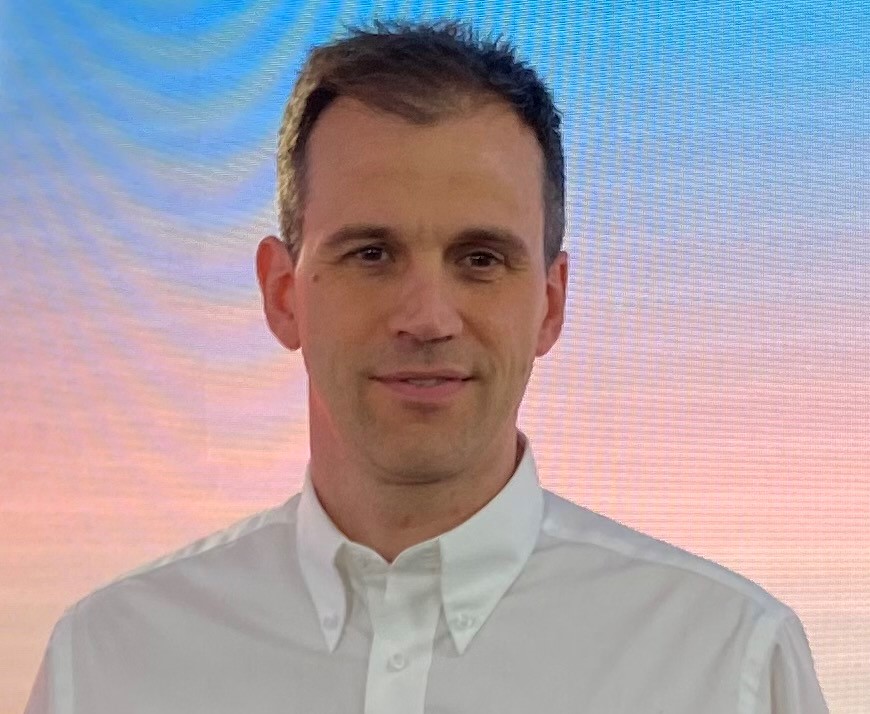)
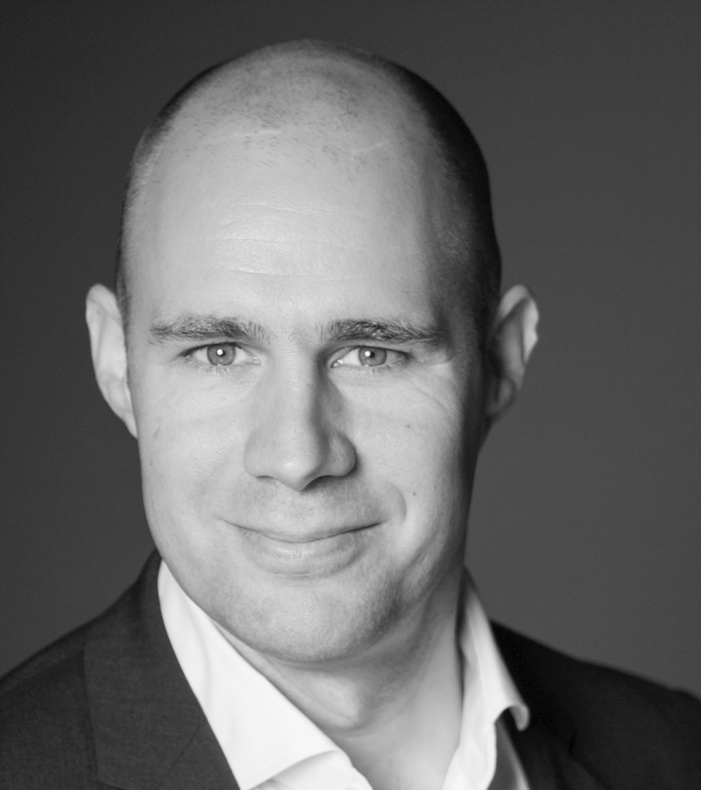)
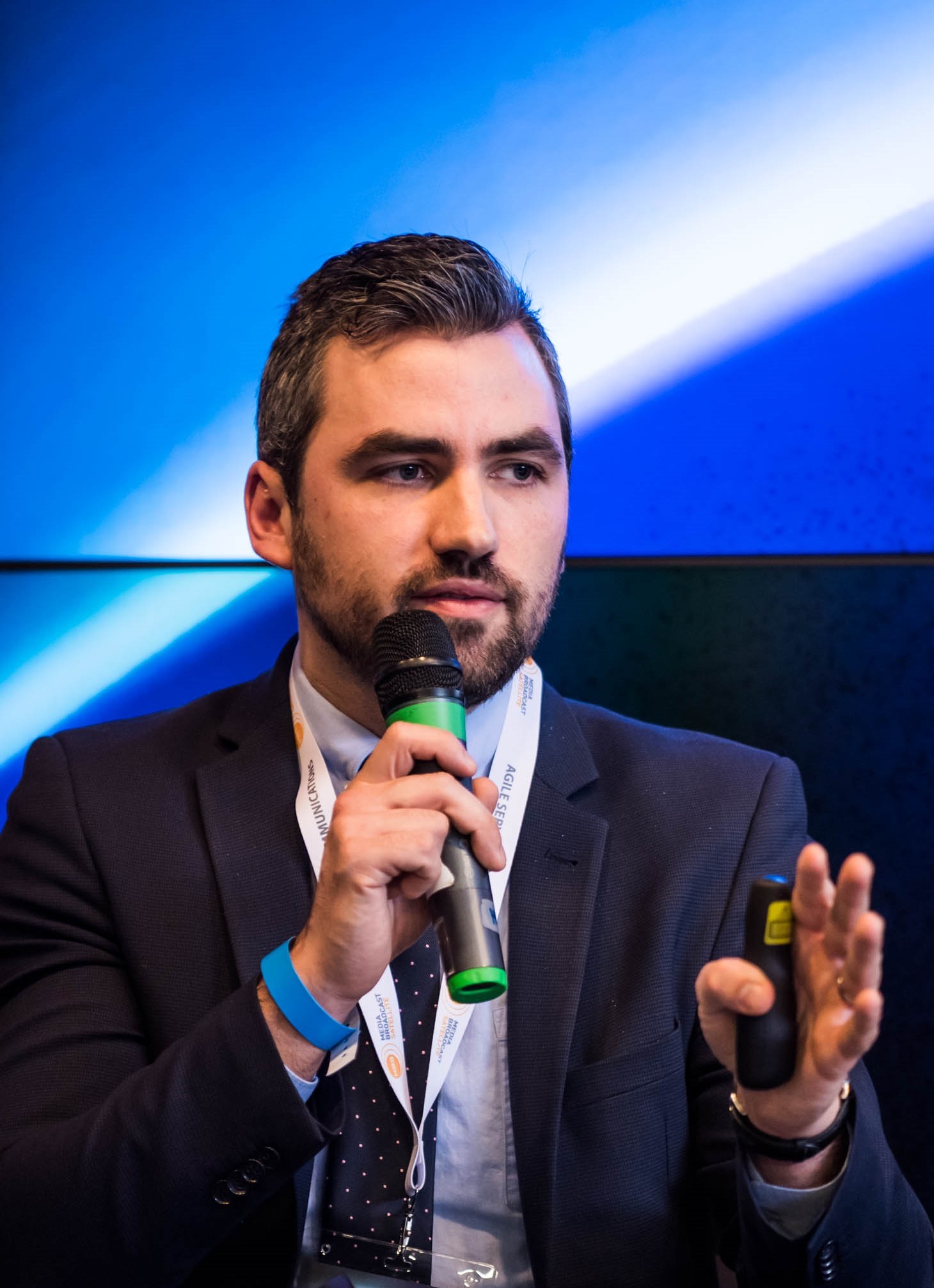)
)
)
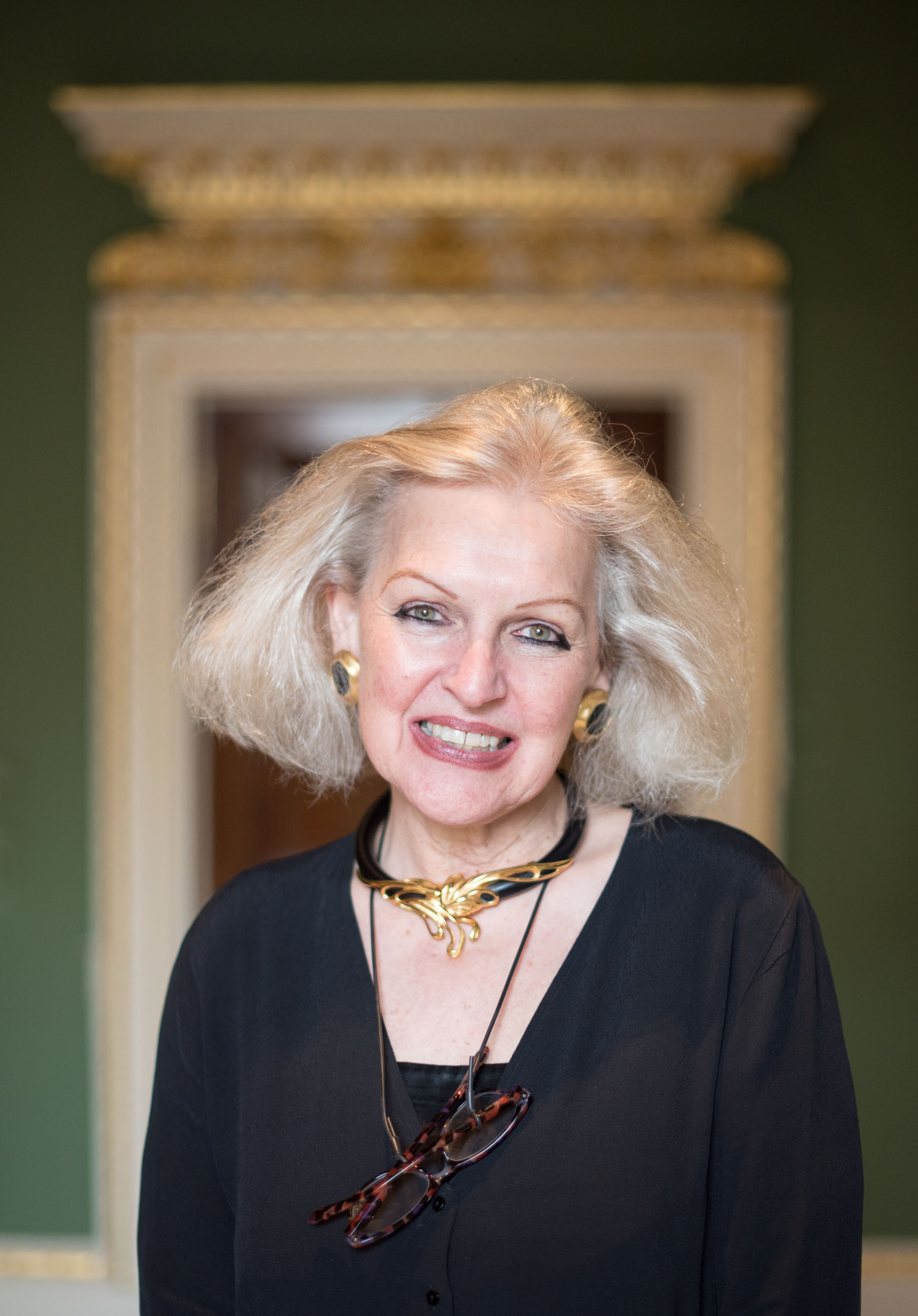)
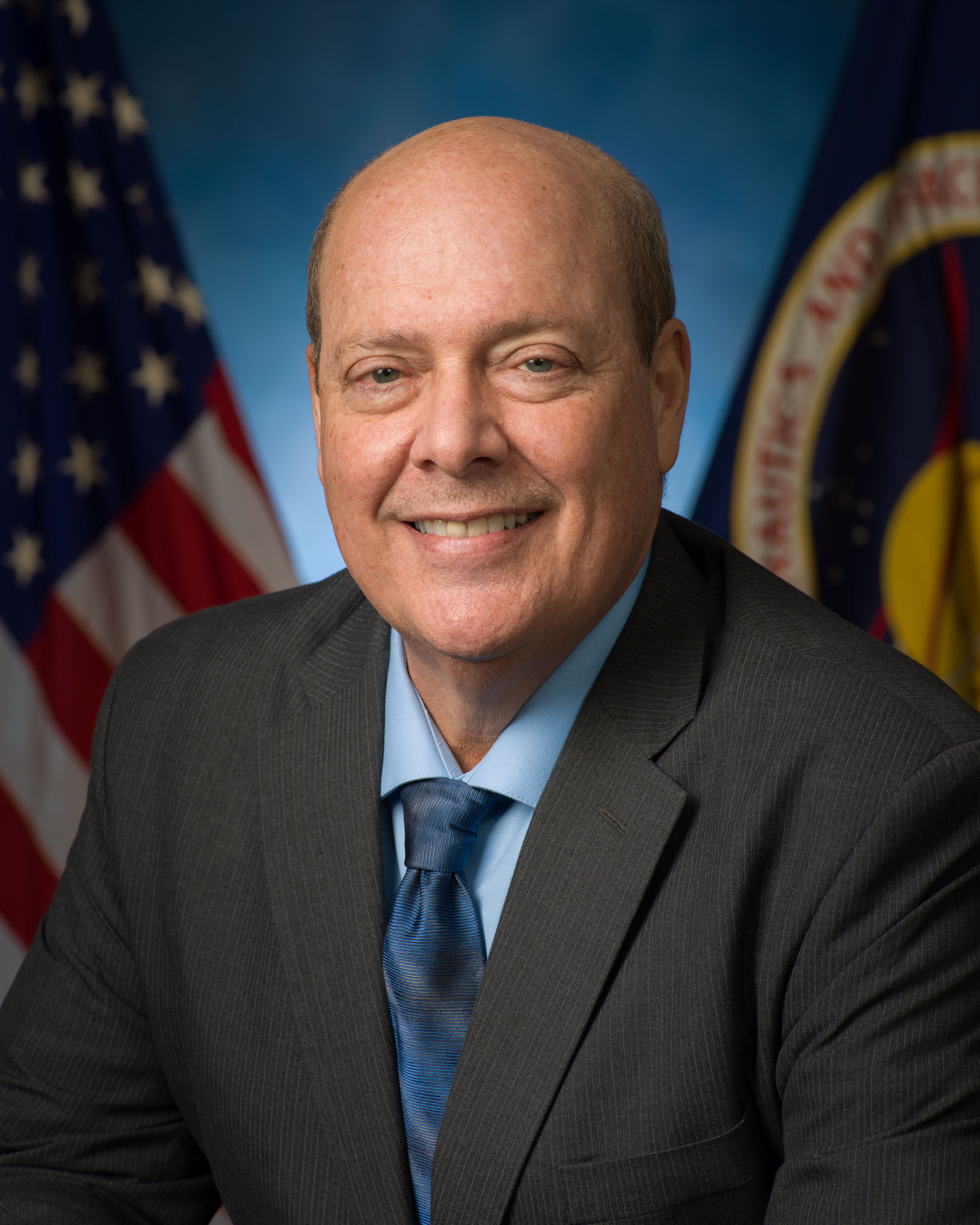)
)
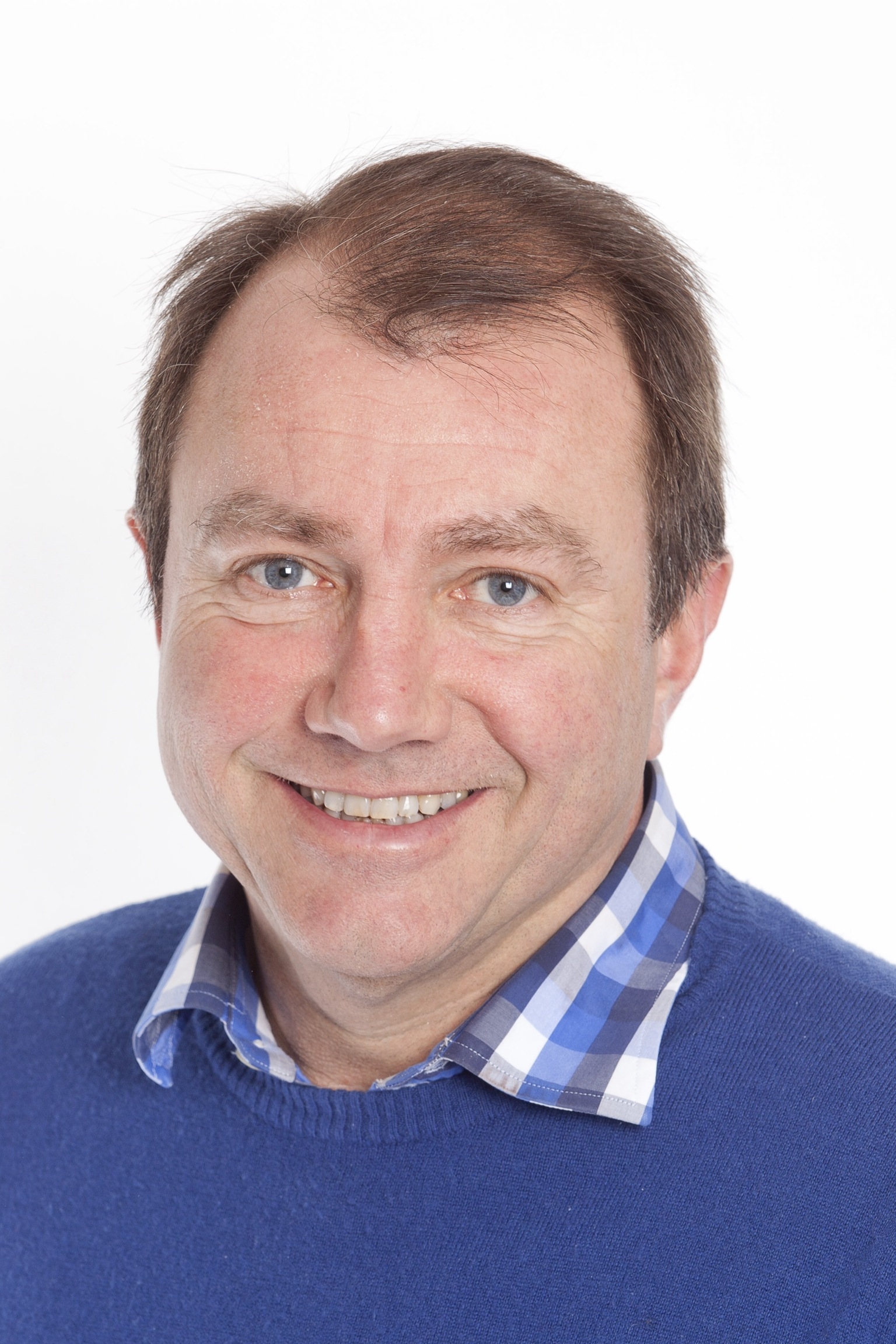)
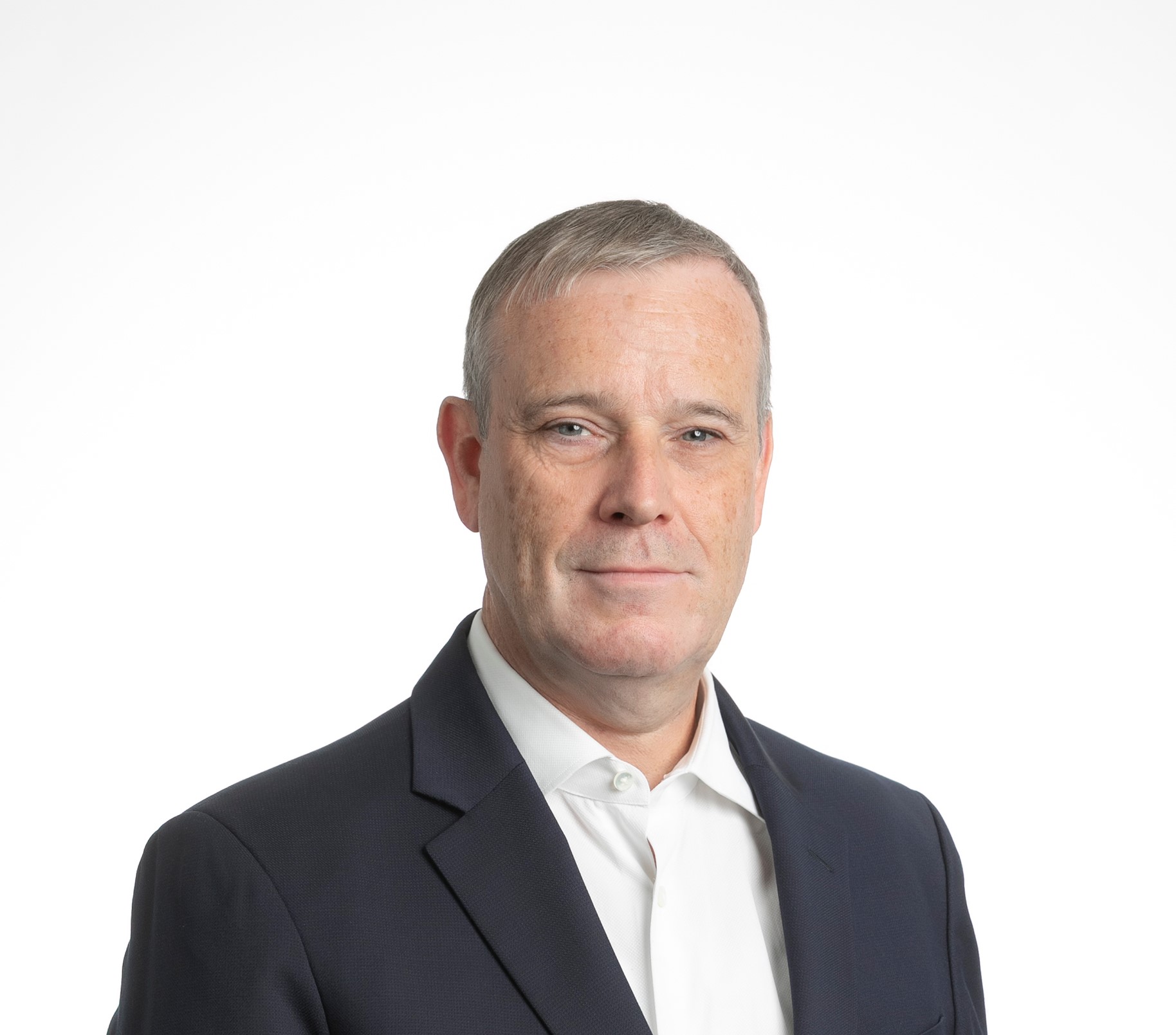)
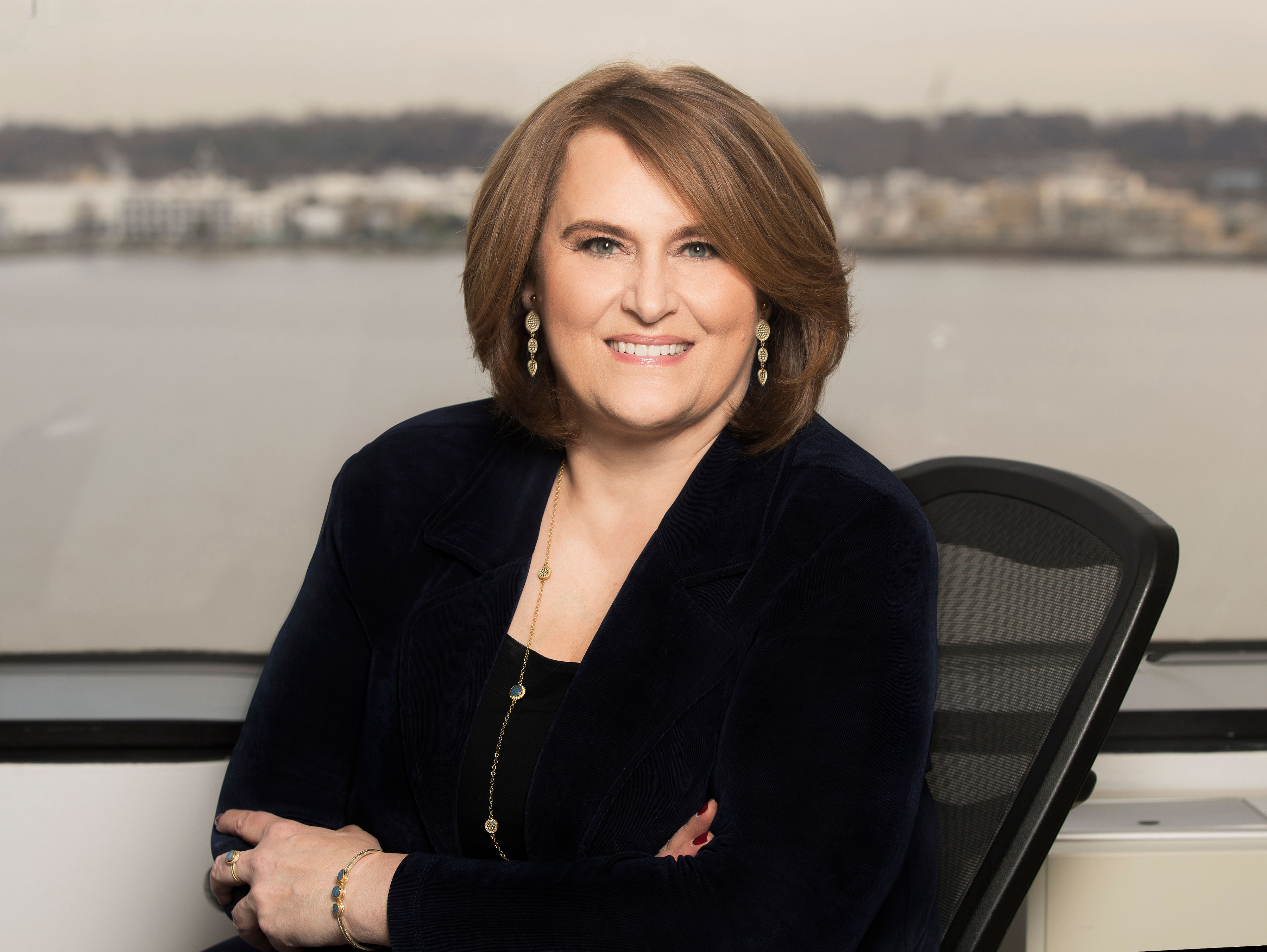)
)
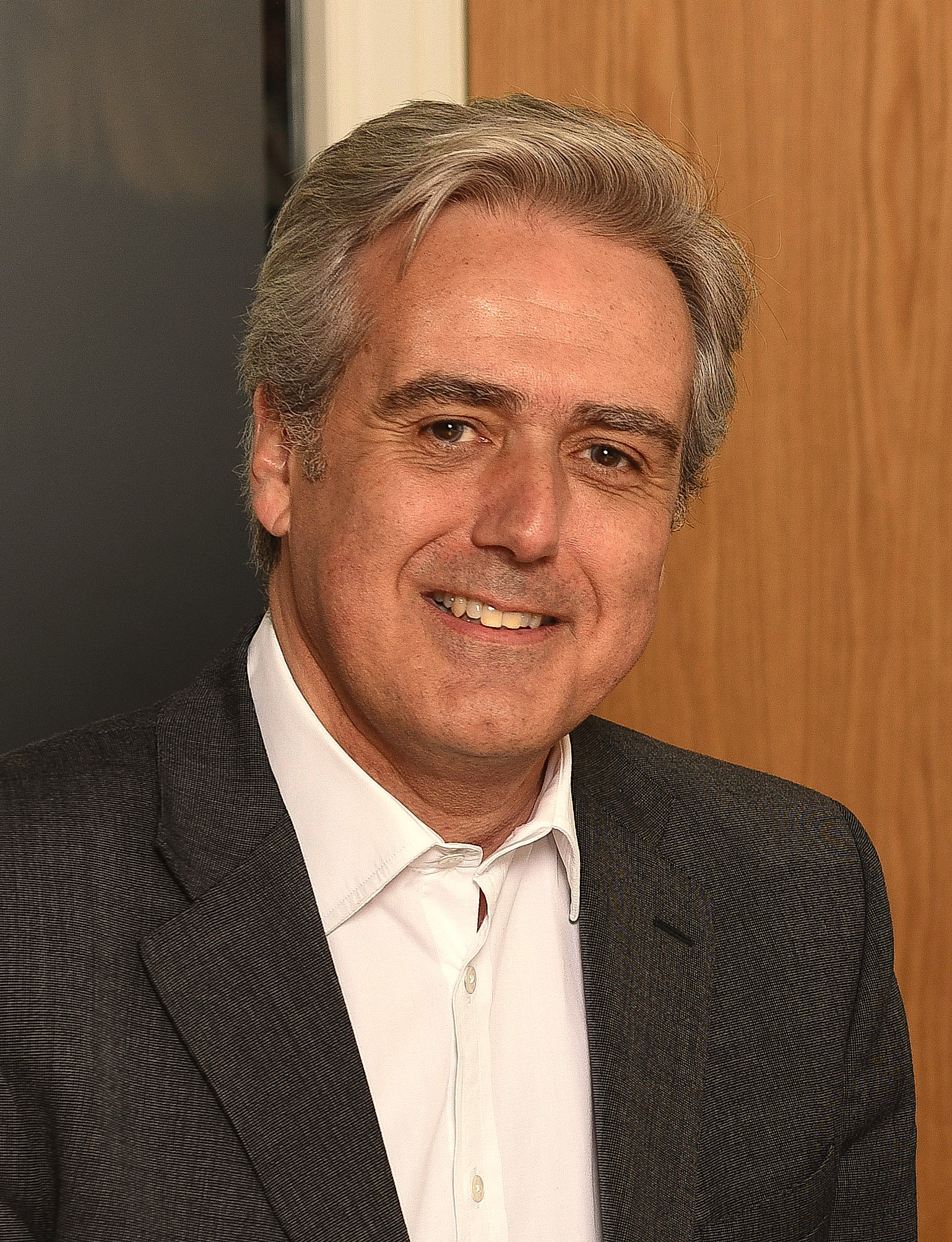)
)
)
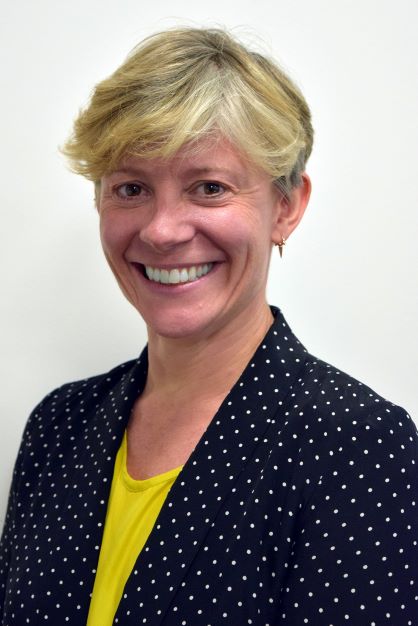)
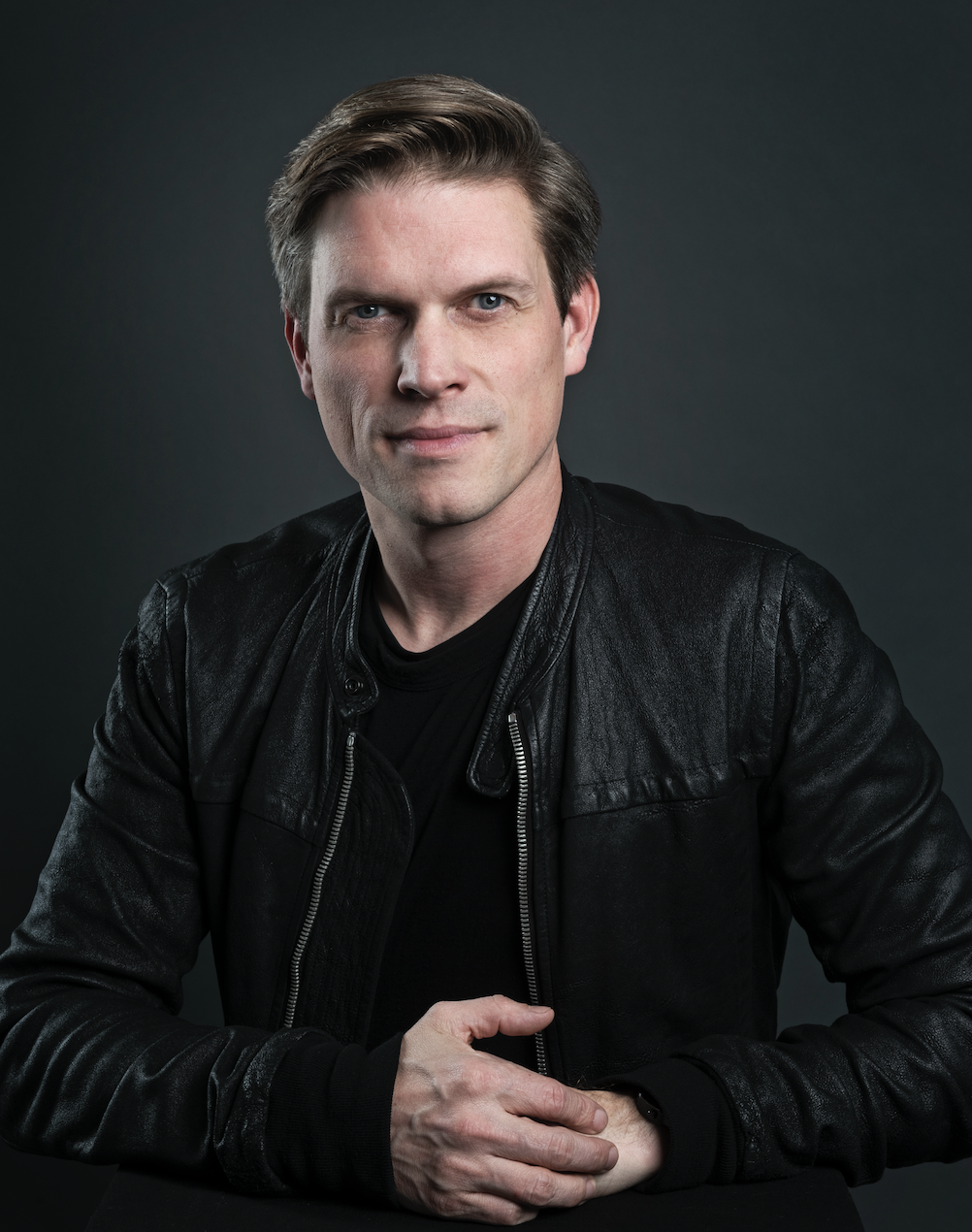)
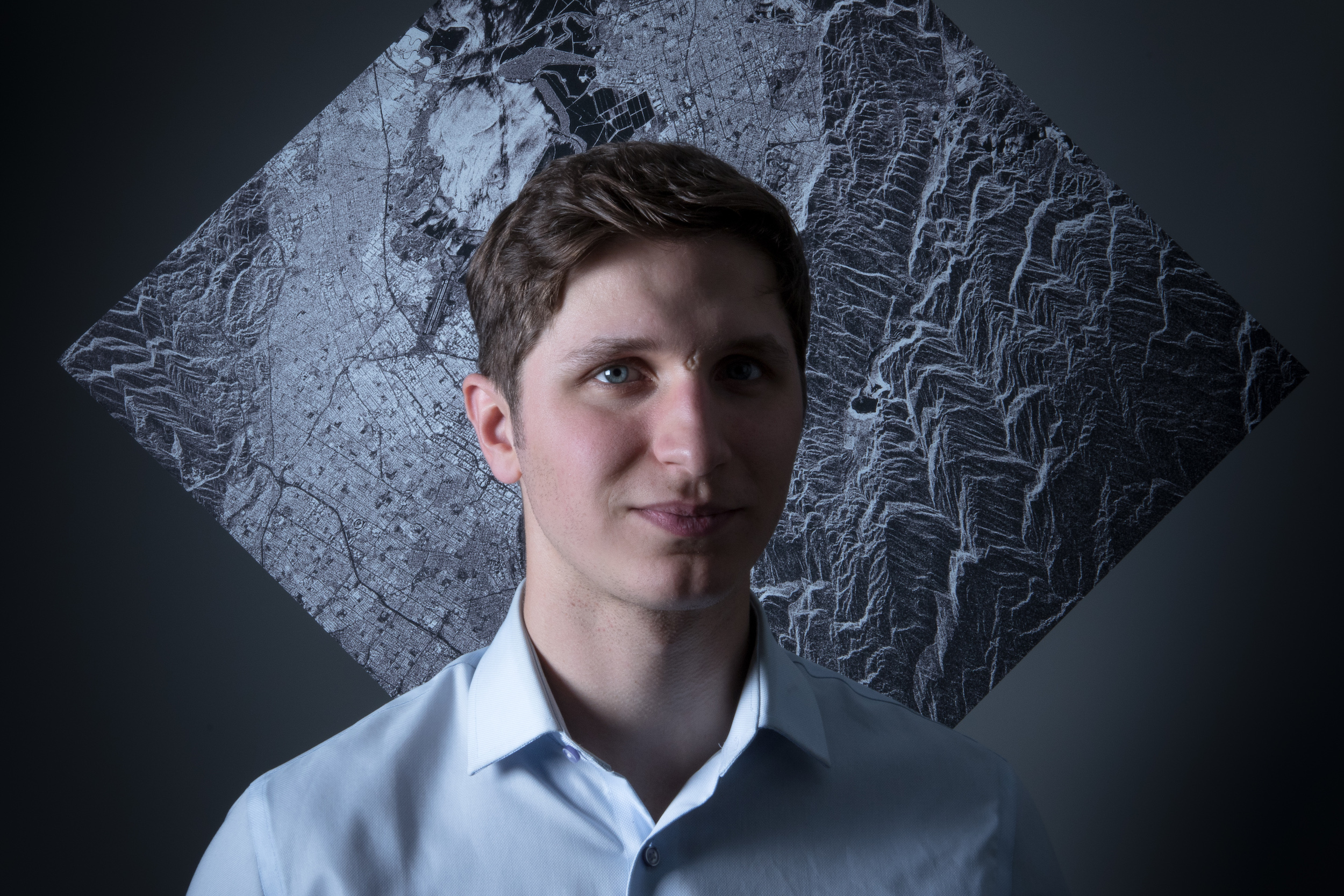)
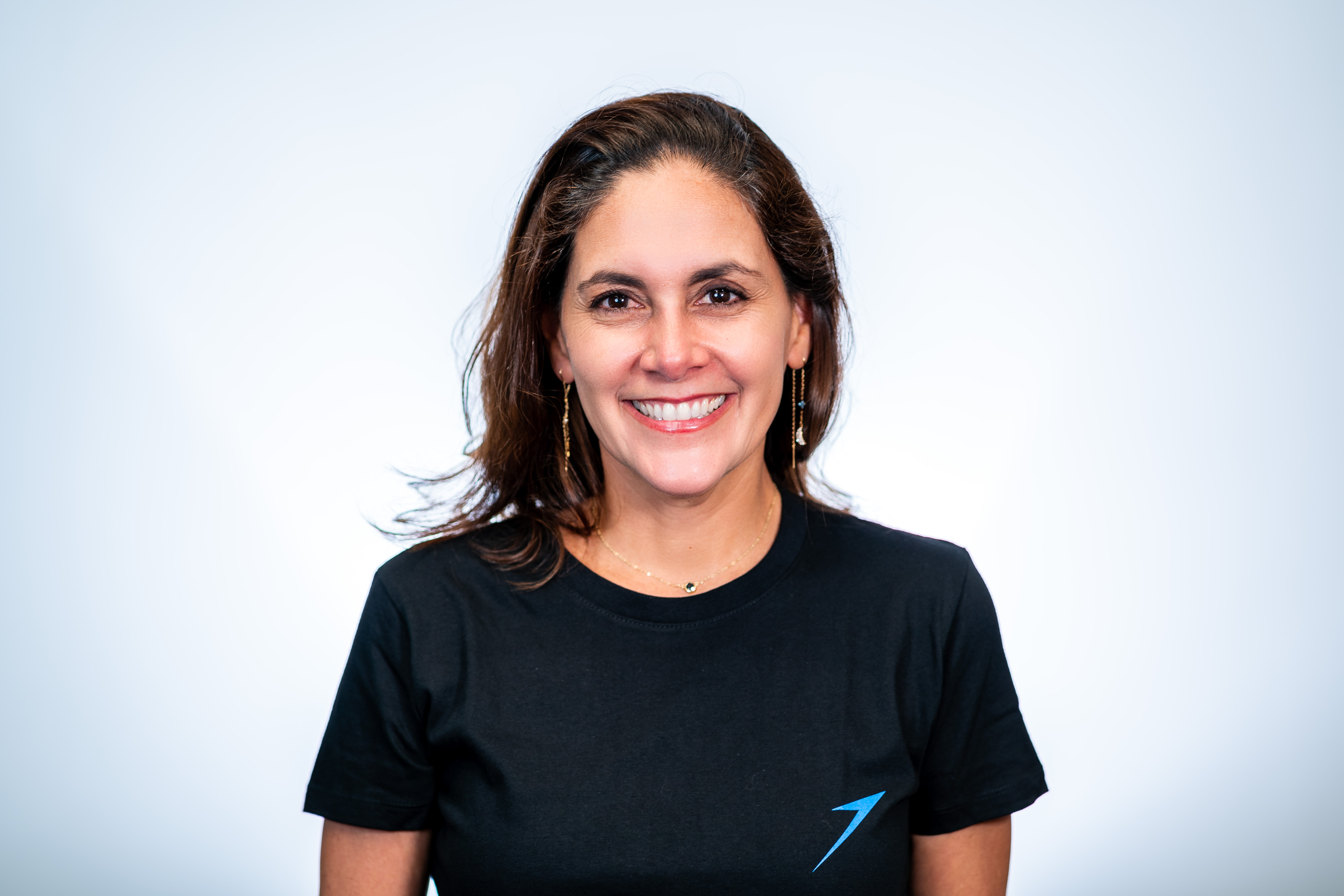)
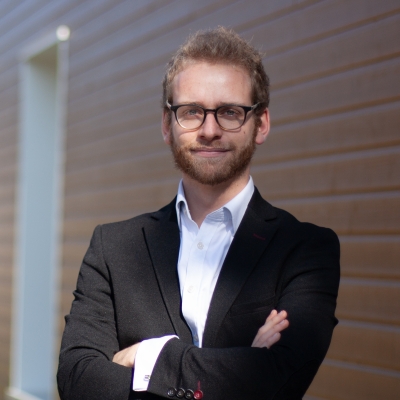)
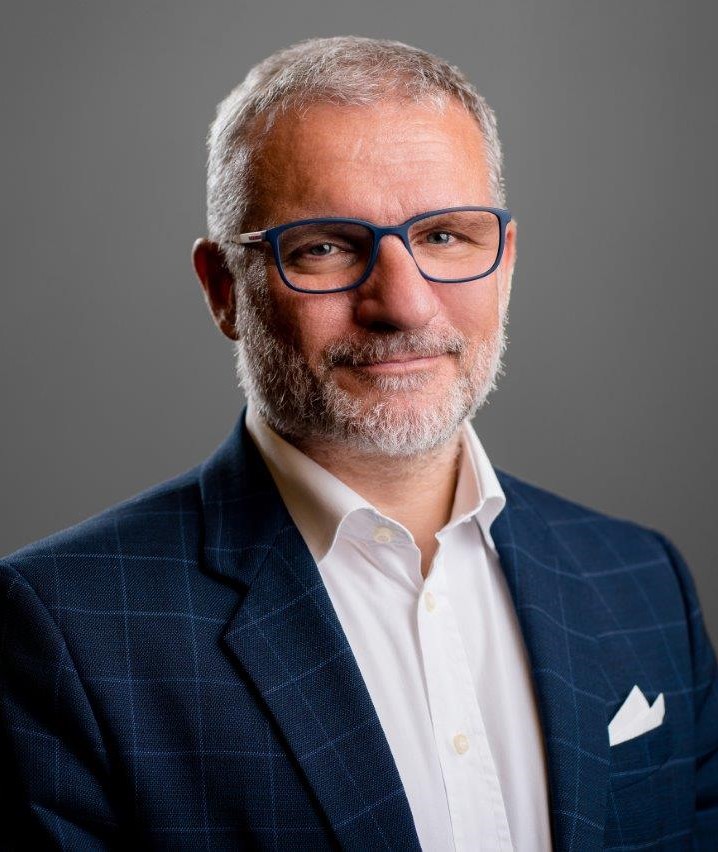)
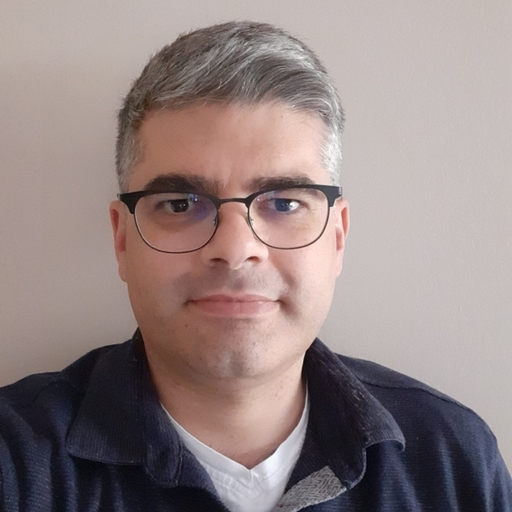)
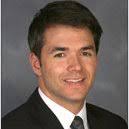)
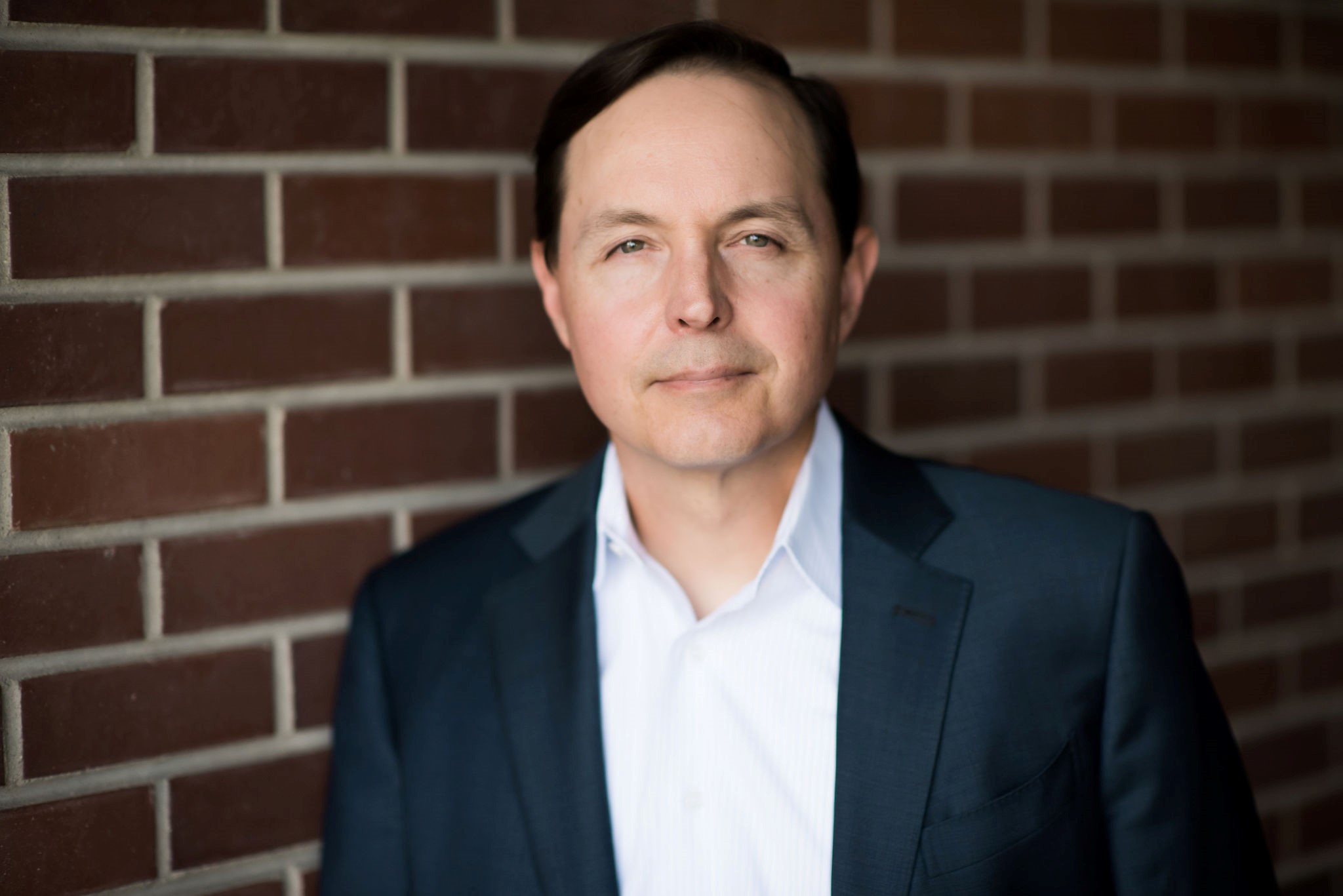)
)
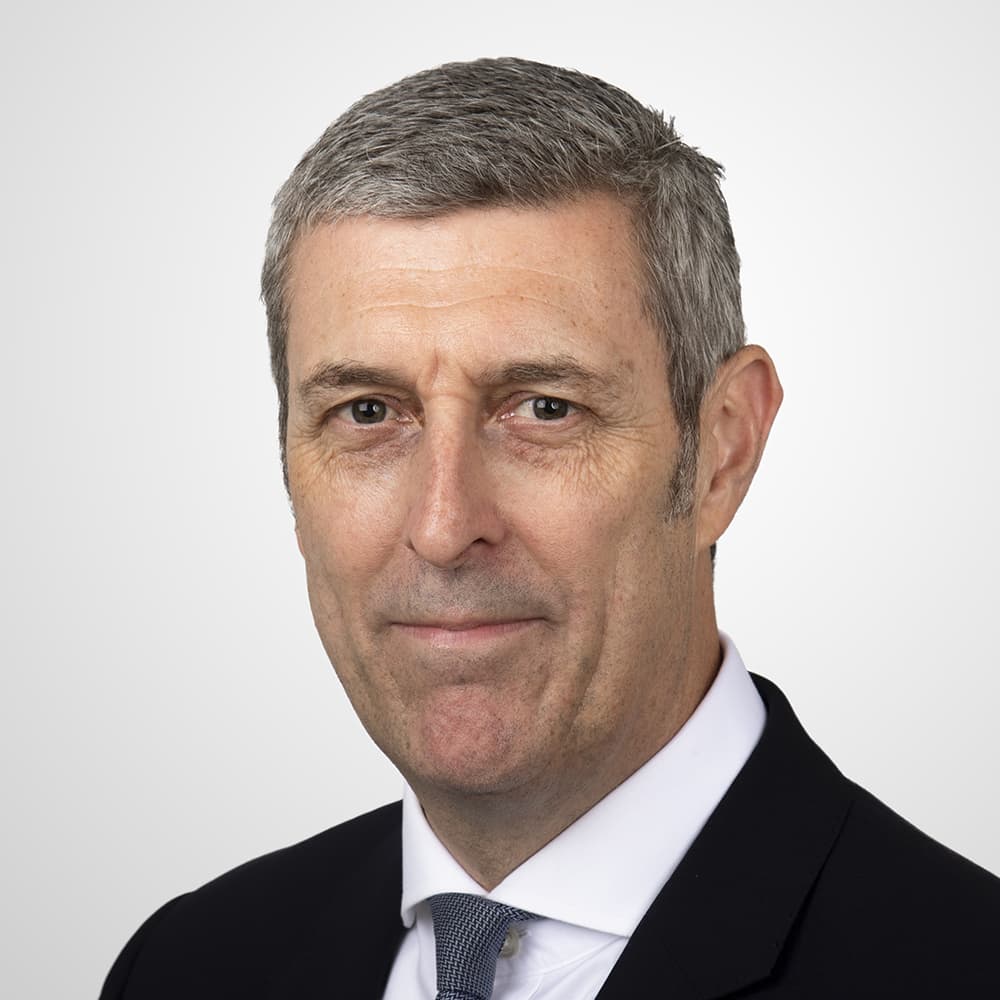)
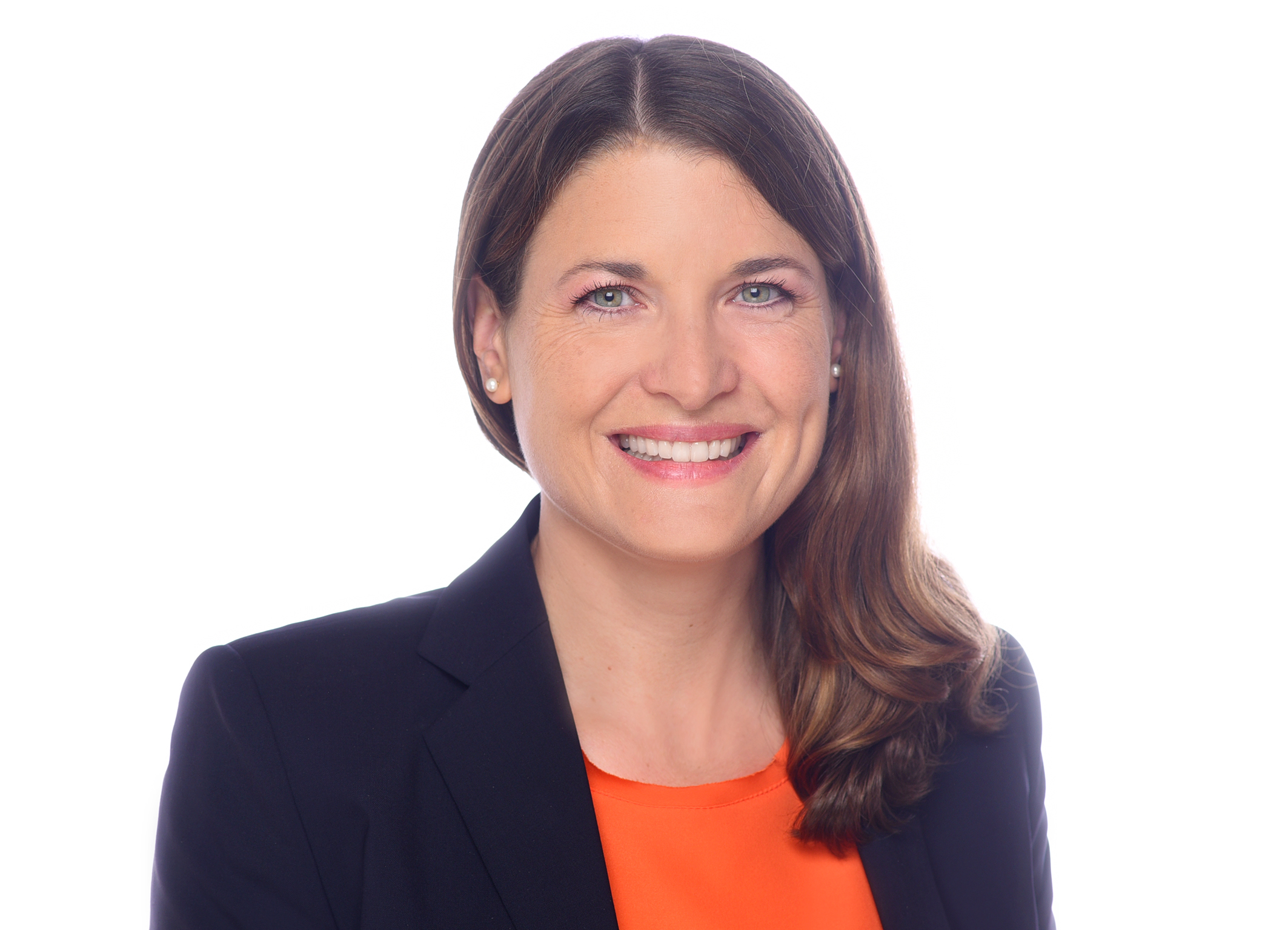)